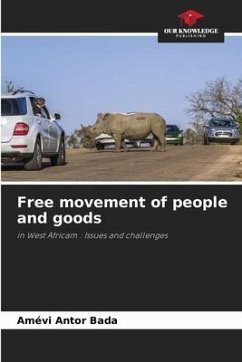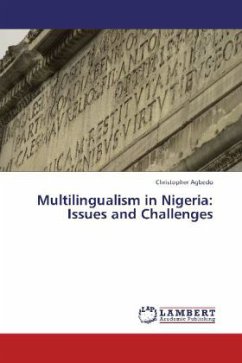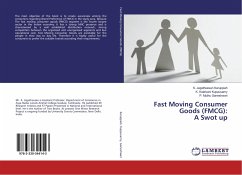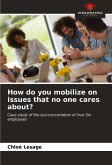Forty-five years after the promises of sub-regional integration and cooperation ratified by West African leaders in Lagos at its creation in 1975, ECOWAS today is still a long way from achieving its objectives. How can we explain the difficulties encountered in implementing the policy of free movement of people and goods within the community? To answer this question, this work postulates as its main hypothesis that: "The fear of losing advantages, due to the fragility of member countries' internal markets, is the main factor explaining the difficulties encountered in implementing this policy". To test this hypothesis, this research adopted a qualitative methodological approach, involving forty-nine individual interviews, seven group discussions and three direct observations at border crossings (Togo - Ghana, Togo - Benin and Togo - Burkina Faso). World-economy, diffusion of innovation and rational choice theories were used to analyze the results.








